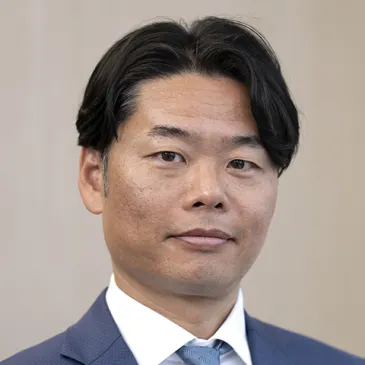In my previous blog, I emphasized that Japan's antitrust watchdog, the Japan Fair Trade Commission (JFTC), has recently begun to utilize more economic analyses in individual cases, and explained that their virtual Economic Analysis Team was in charge of economic analysis in the JFTC.
The central role of economic analysis in Japan has now become even more firmly established. In April 2022, the JFTC established its formal Economic Analysis Office (EAO), consisting of 15 staff economists under the Secretariat, which succeeds the Economic Analysis Team. The EAO is responsible for carrying out economic analysis in individual cases (including both merger cases and non-merger cases) and for market research.
In hindsight, it is quite reasonable that the EAO's first tangible task was to publish the "rule book" of economic analysis. In May 2022, the EAO published a nine page best practices guide as regards economic analysis and data submission. The outlined best practices are all reasonable, and not surprising from economists’ perspectives. In particular, the guide does not materially differ from guides published by the US competition agencies, the European Commission, and the Korea Fair Trade Commission.
More broadly, the best practices guide, along with the fact that the JFTC has now established a formal economist team, send a clear message to companies and counsel that going forward their legal strategies will need to embed economic analysis in their cases with the JFTC .
The best practices guide points out that there are various considerations in econometric analysis, including endogeneity, multi-collinearity, selection bias and so forth, all of which require experienced economists' involvement in the analysis. As a result, companies and counsel cannot self-supply economic analysis by themselves and will need economists to support them.
More importantly, the best practices appear to emphasize that it is important and useful to facilitate communication between the JFTC's economists and interested parties even at the early stages of investigations. Obviously, these communications should not just be about technical issues of economic analysis, but rather about more essential and wide-ranging issues, namely the mechanism by which competition may be restricted by the merger or conduct, or the theory of harm, and how to assess this theory of harm using appropriate economic analysis (see section 4 of the best practices).
To sum up, I consider that the JFTC's best practices of economic analysis and data submission are of greater importance than the technical matters they cover. They indicate more generally that the JFTC (or I should say the JFTC's economists) will investigate mergers and antitrust cases based on economic evidence and economic thinking. Accordingly, whilst there has already been a clear trend for economic analysis to become more important in Japan, these developments indicate that economic analysis should become an even more central to companies’ and counsels’ legal strategies.

